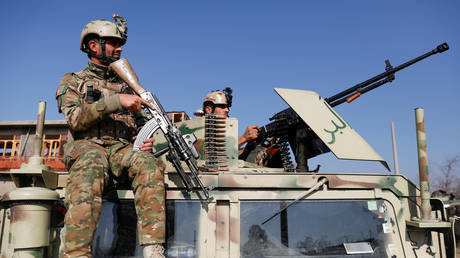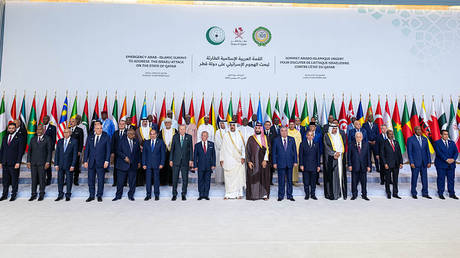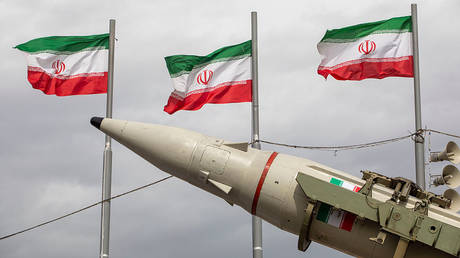
US military intelligence has admitted Iran has no plans to “actively oppose” the peace process in Afghanistan, directly contradicting one of US Secretary of State Mike Pompeo’s many allegations about the Islamic Republic.
The report by the lead inspector general on the state of the ongoing war in Afghanistan poured cold water on Pompeo’s speculation that Iran is seeking to upend the strained peace process between the US and the Taliban, confirming the Defense Intelligence Agency has no reason to believe Tehran will “actively oppose” the negotiations that are supposed to end with the US withdrawing troops.
While acknowledging the Iranian Foreign Ministry’s March statement that Washington “has no legal standing to sign a peace agreement or to determine the future of Afghanistan,” the DIA pointed out that the statement fell significantly short of an intention to meddle in the peace process – especially because Iran was fully on board with the departure of US forces from the region.
“Iran’s strategic objectives relating to Afghanistan continue to be maintaining a stable Afghan central government and security along Iran’s eastern border,” the report, published on Tuesday, reads.
That Iran would want peace in a neighboring state – especially when that peace involves the steady departure of US troops from the region – is certainly understandable, especially with the US saber-rattling in the Persian Gulf and Iraq and a coronavirus epidemic still raging within its own borders. Indeed, the report also noted Iran took pains to appear neutral in September’s contested Afghan presidential election, avoiding a show of public support for either candidate and declining to attend both “inauguration ceremonies.” Meanwhile, US-Iranian interests align elsewhere – both nations want to eliminate the Islamic State (IS, formerly ISIS) in Afghanistan.
But the report’s conclusions emphatically cancel out Pompeo’s own claim that Tehran is “actively working to undermine the peace process.” The US diplomat had specifically called out Iranian “efforts to support militant groups,” in Afghanistan, a claim that the DIA did not substantiate. While the report says Iran was confirmed to have provided “lethal aid” to the Taliban, no evidence was found of continuing support to members of the Fatemiyoun Brigade, a mostly-Afghan militia that had been recruited to fight alongside Iran in Syria. Under 3,000 members of the brigade had returned to Afghanistan, the report said, and Iran was neither paying them nor keeping them organized as a militia. Most were said to have a “pro-Afghan government stance.”
The DIA’s description of the Fatemiyoun differs dramatically from that of the US Treasury Department, which on Wednesday slapped another round of sanctions on Iran with claims that Iranian law enforcement was “cracking down” on Afghan migrants who’d been “coerced” into fighting in Syria. There is no mention at all of coercion in the DIA report – only a claim that Iran “is likely able to re-contact fighters for additional deployments to Syria.”
The inspector general even admits “there were no credible increased security threats in Afghanistan” due to the US assassination of General Qassem Soleimani, which preceded Pompeo’s claim about Iran supplying anti-American militias.
The US signed a peace deal with the Taliban in February, reaching for a “reduction in violence” in exchange for the departure of several thousand American troops. However, the deal began crumbling almost immediately as separate negotiations between the Taliban and the Afghan government over the release of thousands of Taliban prisoners stalled. Complicating the matter was September’s contested presidential election, in which both frontrunners declared themselves the victor.
Think your friends would be interested? Share this story!




